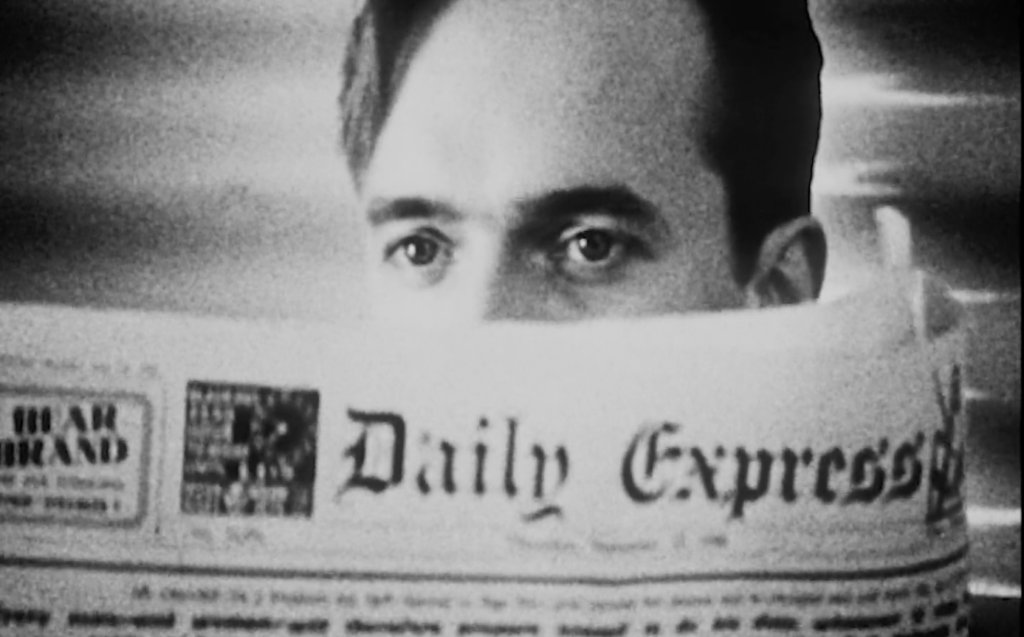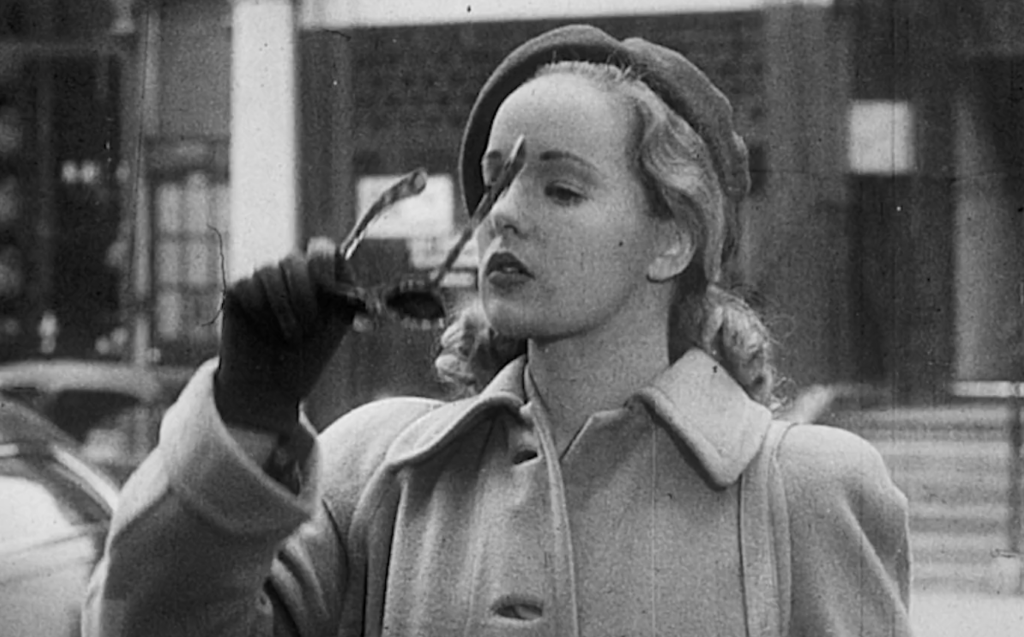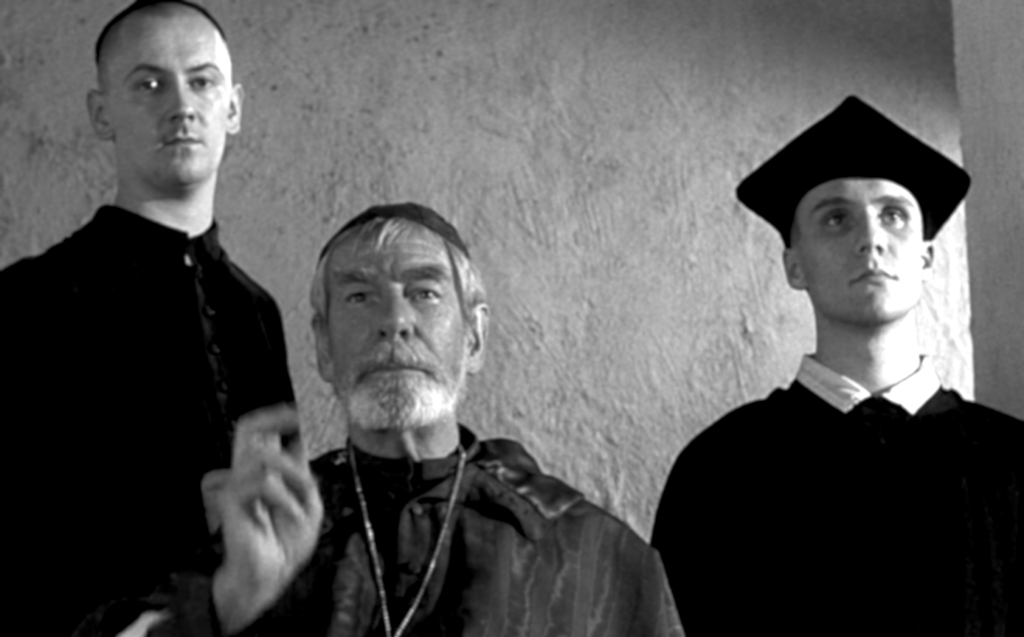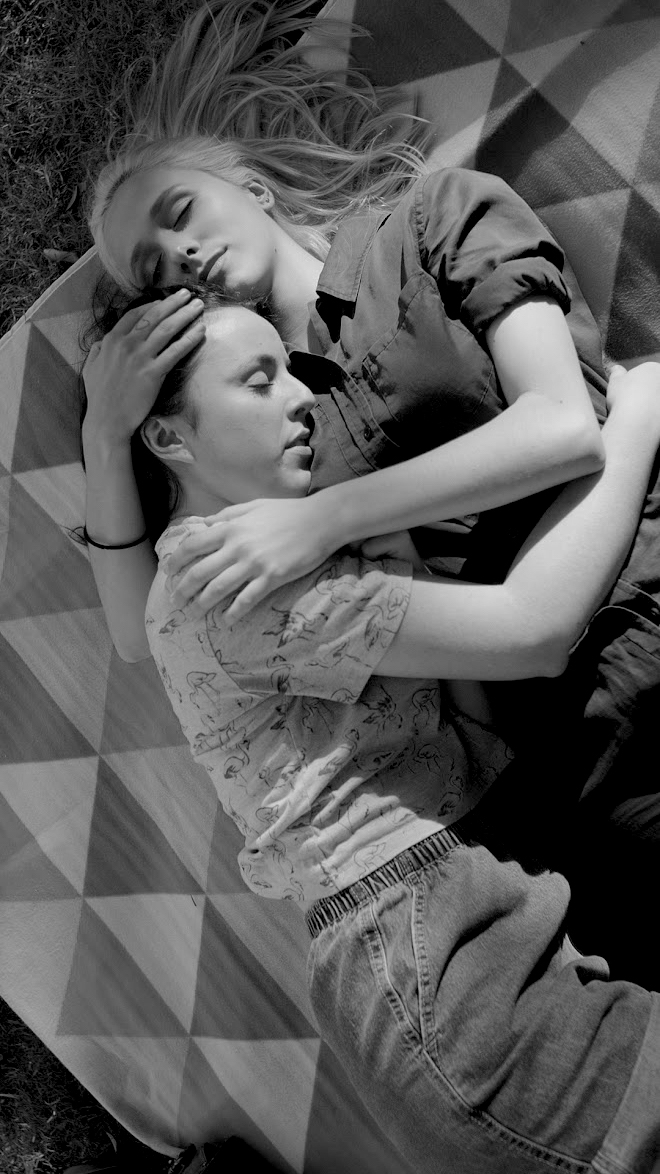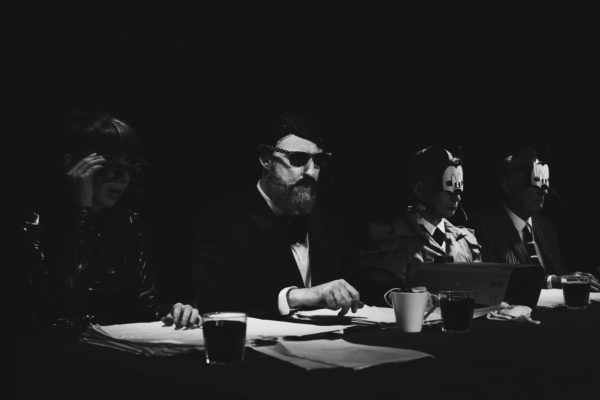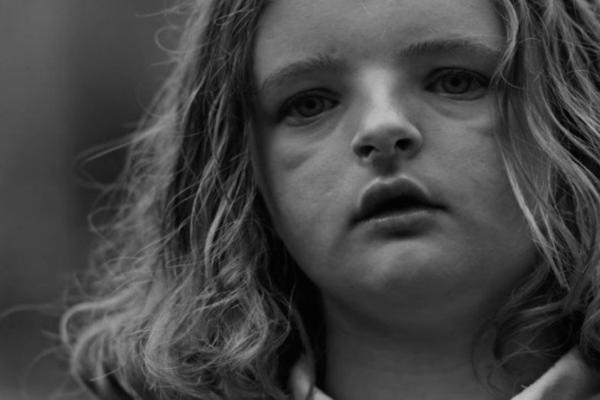QUEERAMA
“Your son’s not one of those, is he Hilda?”- Queerama is a cornucopia of film footage from the B.F.I archives.This British doco is an educational cinema experience that mashes up the surprisingly varied scenes of British cinema history from the last 100 years. These excerpts are sifted into the mix with report footage on the state of Homosexuality in Britain’s 50s and 60s, the hidden worlds edited together with a soundtrack by John Grant and Hercules and Love Affair.
Daisy Asquith’s charming, yet bittersweet movie is blended with talking heads from the past, black and white with David Attenborough style interviewer
Reporter: “Do you need help?” Answer from a Homosexual: “Yes I do, I think any homosexual needs help.” “I want to be cured.” Maurice in the E.M Forster’s ‘Maurice’ film version. Goldfrapp’s vocals also add to the often time intensely serious manner of the news style stories, real people from such an alien past it seems so long ago, and seeing and hearing their voices about their very personal lives hits home at how much has changed for LGBTQI in the West, from an English perspective.
Asquith’s additions of the stark facts on how homosexuals were treated prosecuted and jailed is sobering. Cold water on our modern day First World problems. AIDS is shown in documentary television fear mongering productions, a terrifying reality of the lack of understanding about the disease and it’s connections to the homosexual community. Prejudice is rife and on the screen for all to see. Talk of what is perversion even in the English parliament is in film clips too, debates between politicians loaded with bias. “A man dying his hair is a sign of sexual perversions.”
The film makes its point that the past reality for LGBTQI has never been a bed of roses, safe or rainbows with pots of gold: instead loneliness, caution and invisibility dominates a past reflected in classic British cinema, the list of wonderful films is overflowing with clips from: The Naked Civil Servant, Two Thousand Women, Caravaggio, The Trials of Oscar Wilde, Maurice, Black Narcissus, Beautiful Thing, Entertaining Mr Sloane, Goodbye Mr Chips, The Belles of St Trinians, Another Country, The Prime of Miss Jean Brodie and The Killing of Sister George, among so many others. A real, reel proliferation of Queer coded (and sometimes blatantly not) cinema from the U.K. To finish, anytime one can see Quentin Crisp on screen is certainly a worthwhile thing.

